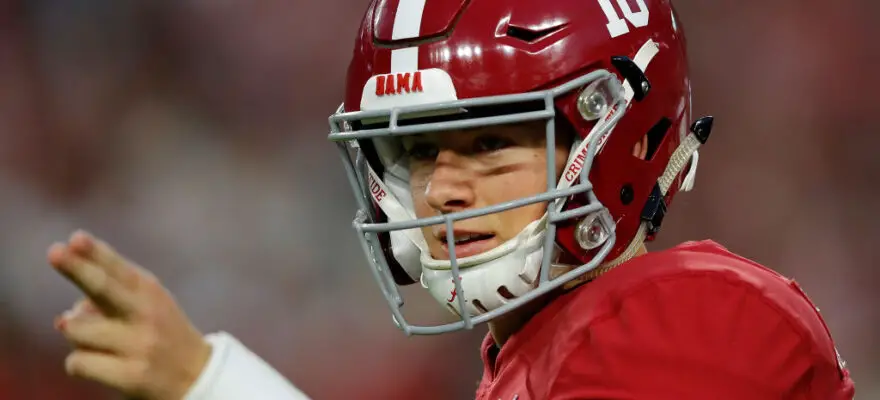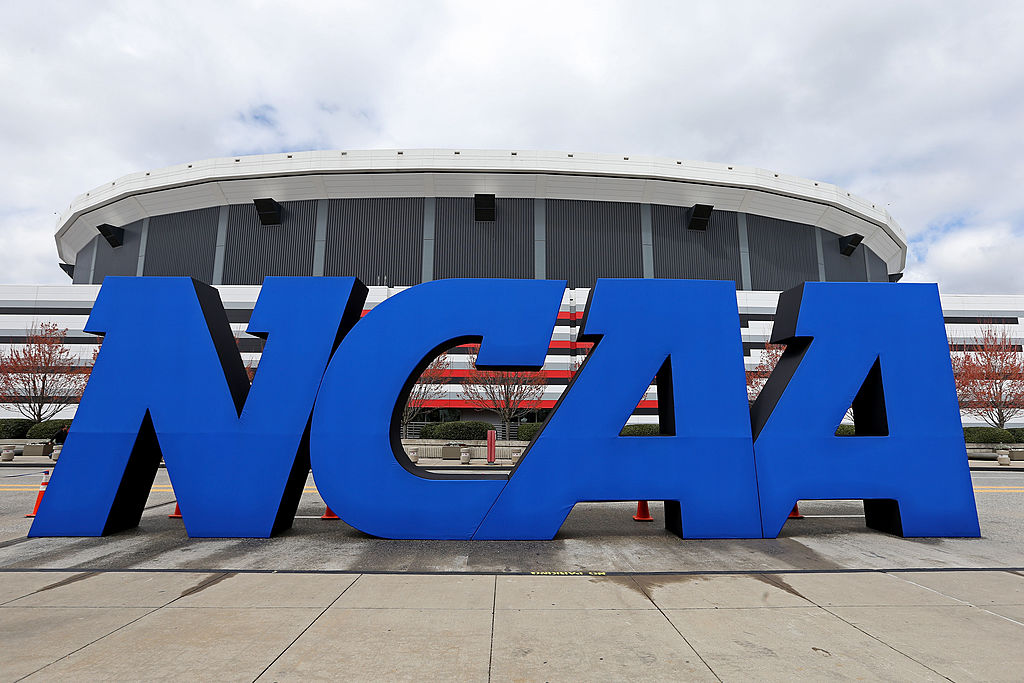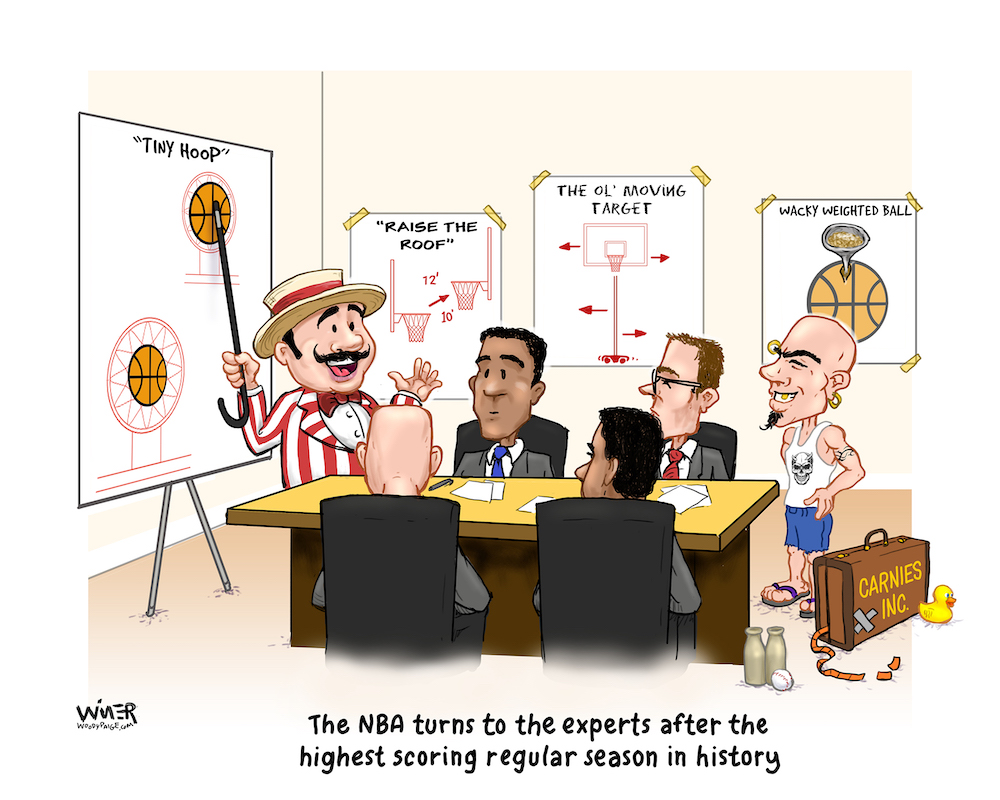For more than two decades now, I’ve had the honor and privilege of casting a vote (that counts) for the Heisman Trophy. As a passionate fan of College Football, it’s something I’ve been proud and eager to do each and every year.
Until this year.
This year stinks.
There’s no need to tell anyone about the havoc wrought on sports – and more importantly the world – by the pandemic. The two major team sports most impacted – to this point anyway – are Major League Baseball and College Football.
Yes, we lost March Madness last spring, but at least there was a full and complete regular season. You could accurately determine who was the best player in college hoops last season. You simply can’t do so with College Football in 2020.
As Heisman voters, we’re instructed to select “the Most Outstanding Player” in college football each season. Over the years, I’ve used my own personal criteria to make my selection: Who was the most indispensable player on a team that accomplished great things during the season?
To me, it’s never been about individual stats. It’s always been about which player lifts his team to great heights – a place they would not have reached without him. Yes, team results matter every bit as much as individual stats – sometimes more. I can’t see voting for a player who piles up gaudy stats in games that don’t truly matter, nor a player who is surrounded by NFL talent on a team where his back-up could step in and the team wouldn’t miss a beat.
For example, I voted for Colt McCoy when he led Texas to the National Championship game in 2009. Without his standout performance all season, Texas doesn’t sniff playing Alabama for the title. McCoy got hurt early in that game and his team ended up getting routed. The following year, after McCoy was off to the NFL, Texas flopped. That’s the definition of “indispensable.”
Same deal with DeShaun Watson in 2016. Lamar Jackson put up glitzy stats, but he and his team faded down the stretch, and Louisville missed out on a major bowl game, due in no small part to Jackson’s costly mistakes. Watson on the other hand, got better down the stretch and led Clemson to the National Championship.
Voters picked Jackson in one of the great robberies in recent times. The season before, Christian McCaffrey was more important and indispensable to Stanford’s Rose Bowl win than Derrick Henry was to Alabama’s title. If they were on opposite teams, Stanford doesn’t make the Rose Bowl and Alabama wins the national title going away. McCaffrey was robbed big time, too.
So, in a nutshell, that’s my voting criteria. So ask yourself this question: How does anyone determine who the most indispensable college football player is in 2020?
Mashed together schedules, some teams playing twice as many games as others, no marquee non-conference games, players opting out, make up games thrown together at the last minute, half the bowl season cancelled…
The 2020 College Football season is a farce.
This season’s two preseason favorites, Trevor Lawrence and Justin Fields, played nine and six games respectively. Lawrence was in and out of the line-up with COVID-19 issues, missing several games, but he played well when he was in there. Lawrence threw 22 TD passes against just four interceptions, but his team didn’t really seem to miss him that much when he was out. It’s a good bet that Clemson would still be in the College Football playoff if his freshman backup D.J. Uiagalele was the full time signal caller.
Fields played just six games, two against teams with winning records. He was good too, throwing 15 TD passes against just five interceptions – all of the INT’s coming in those two games against the plus .500 teams.
Were/are either of these two guys indispensable?
How do you even tell?
For instance, how do you compare the production of Fields in six games against the performance of BYU’s Zach Wilson, who played in 11 games? And where to receivers and running backs fit into the equation?
There are still some out there who feel like the entire 2020 college football season should have been called off. Others will argue that COVID-19 cases on college campuses were inevitable, and that the protection offered by being in a strict environment cut down on transmissions. We’ll never know who’s right about all that, but we should know this: It’s unfair and unjust to award a Heisman Trophy this season that carries the same historical significance as the trophies won by players who played full seasons full of big games in front of full stadiums against opponents with full rosters.
That doesn’t mean that whomever is awarded the Heisman on January 5th isn’t an outstanding football player. It just means he didn’t (wasn’t given the chance to) accomplish everything his predecessors did.
No knock on the player.
It’s just not the same.
I did my duty. I cast my ballot just like I’ve done every single season since 1998. But this year was different. This year I voted with no confidence in my selection.
The Heisman trust vacated Reggie Bush’s Heisman from 2005. They could have – and should have – vacated giving one at all in 2020.
Listen to Mark Knudson on Monday’s at 12:30 with Brady Hull on AM 1310 KFKA and on Saturday mornings on “Klahr and Kompany” on AM 1600 ESPN Denver.
More from The Woody Paige Sports Network:
- ‘Most losses in 2020’ prop bet offers NFL bettors huge value
- Atlanta Falcons lose by accidentally scoring a touchdown
- Woody Paige: Denver Broncos could become NFL’s version of New York Knicks
- MLB rumors: Is Nolan Arenado headed to Los Angeles?
- Woody Paige: Who will emerge as the next owner of the Denver Broncos?
- Report: Detroit Lions planning to move on from Matthew Stafford
- Woody Paige: Former Denver GMs Pierre Lacroix, Carl Scheer worthy of fame and love






















